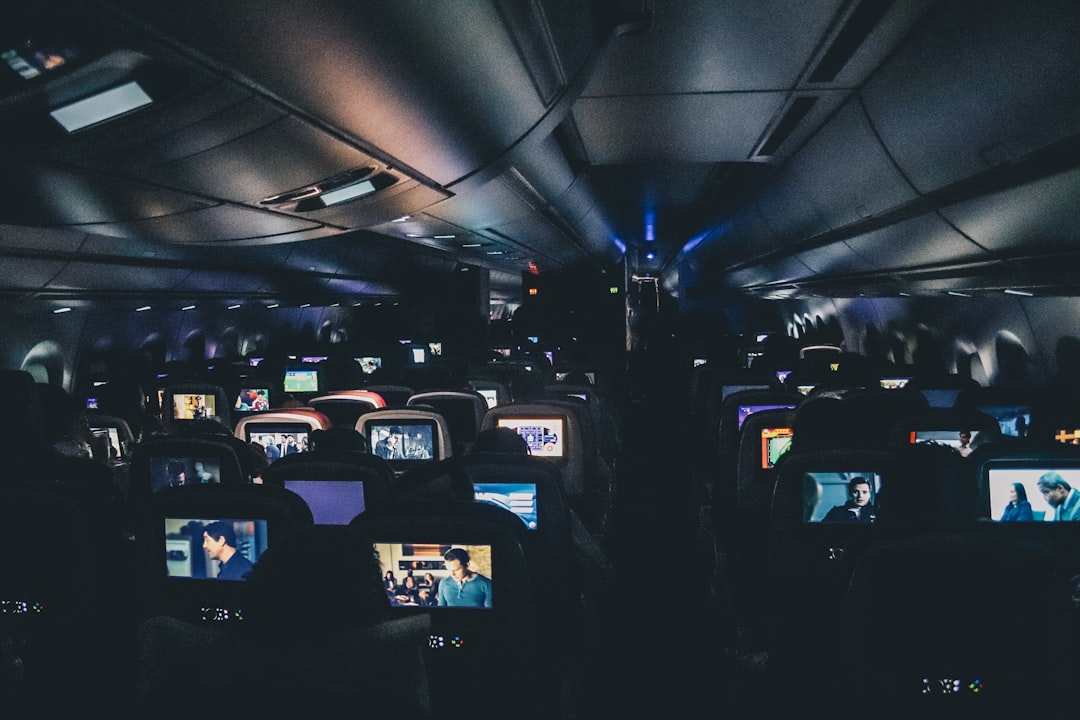Social media has become an integral part of our lives, with billions of people around the world using platforms such as Facebook, Instagram, Twitter, and TikTok to connect with others, share their lives, and stay informed. While social media has undoubtedly transformed the way we communicate and interact with others, it has also had a profound impact on our mental health.
One of the most significant ways in which social media affects our mental health is through the constant comparison to others. People often use social media to showcase the highlights of their lives, such as exotic vacations, glamorous nights out, and picture-perfect meals. This can lead to feelings of inadequacy and low self-esteem, as individuals compare their own lives to the seemingly perfect lives of others. This phenomenon, known as “social comparison,” can be detrimental to mental health, leading to feelings of depression, anxiety, and loneliness.
Social media also plays a role in exacerbating feelings of isolation and FOMO (fear of missing out). With the constant stream of updates, photos, and videos from friends and acquaintances, individuals may feel left out or excluded from social events or gatherings. This can lead to feelings of loneliness and a sense of disconnect from others, contributing to poor mental health outcomes.
Another way in which social media impacts mental health is through cyberbullying and online harassment. The anonymity and distance provided by social media platforms can embolden individuals to engage in harmful behavior, such as spreading rumors, making hurtful comments, or sending threatening messages. This can have devastating consequences for the mental health and well-being of those targeted, leading to feelings of shame, humiliation, and worthlessness.
Additionally, social media has been linked to the development of addictive behaviors and dependency. The constant notifications, updates, and likes that come with social media use can trigger the brain’s reward system, leading to compulsive and excessive use of these platforms. This can result in a neglect of real-world relationships and responsibilities, as well as feelings of anxiety and withdrawal when separated from social media.
Despite these negative impacts, social media also has the potential to have positive effects on mental health. For example, social media can be a valuable tool for connecting with others, seeking support, and accessing valuable resources. Online communities and support groups provide individuals with a sense of belonging and understanding, helping to combat feelings of isolation and loneliness.
In conclusion, the impact of social media on mental health is complex and multifaceted. While social media can have negative effects on mental health, such as feelings of comparison, isolation, and addiction, it also has the potential to positively impact mental health through connection, support, and community. As social media continues to evolve and shape our lives, it is important for individuals to be mindful of their usage and seek out healthy ways to engage with these platforms. By fostering a balanced and intentional relationship with social media, we can protect our mental health and well-being in an increasingly digital world.
